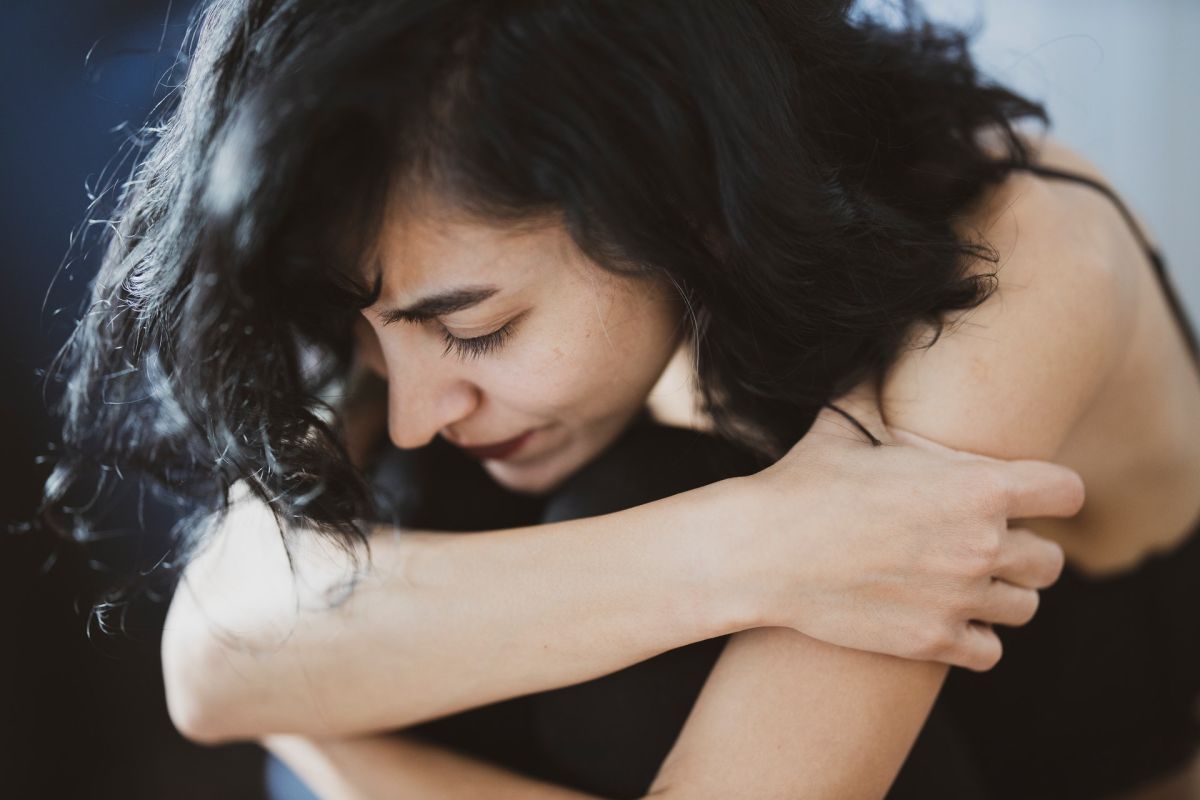Life is full of ups and downs… If the “downs” last a long time and affect your ability to function in your daily routine, you may have a common but very serious illness: depression. It affects your mood, your mental and physical condition, and your behavior.
Millions of people suffer from it, but more than % do not get the help they need. It often goes unnoticed, being a disabling disease. It occurs in both women and men, but the incidence rate in women is higher.
Depression affects in various ways. For example, it is normal that when you lose a loved one you feel sadness and lack of interest in everything. If this persists for a long period, it has turned into depression. Living with the stress of job loss, overwork, or financial and family problems can cause irritability and “lows” in mood. To some extent, feeling this way is simply part of life. But if this continues and worsens, we are talking about something more serious.
It is known, for example, that people with severe depression have imbalances in brain chemicals, neurotransmitters. Sleep patterns are affected, sleeping a lot or not sleeping at all. Like almost any disease, the psychological, emotional, trauma, divorce, can cause it.
Equally, the loss of a loved one, problems in a relationship, economic problems, or a significant change in life as an acute physical illness, drug addictions, alcoholism, etc. Pessimistic people, with low self-esteem, a feeling of lack of control over life and a tendency to worry excessively, can trigger it.
Pregnancy, puerperium, infertility, menopause and sometimes , the decision not to have children. Researchers have confirmed that hormones affect brain chemicals that control emotions and moods. Menopause can cause depression due to the terrible hormonal changes that women suffer and couple problems caused by decreased desire and pain before penetration. All of this causes conflicts that end in divorces and infidelities.
People sexually harassed or abused in their childhood tend to suffer from depression . Victims of rape and other forms of abuse may also have a higher incidence of depression. Abuse can lead to depression, because it lowers self-esteem and causes sadness, guilt and social isolation.
The treatments used for depression are antidepressants and psychotherapy. This combination is necessary. Depression makes us feel fatigued, worthless, helpless, and hopeless. Participating in support groups is very helpful. Also, spend time with other people and participate in activities that you enjoy, such as simple exercises or yoga. Don’t push yourself too hard at first.
www.NancyAlvarez.com
